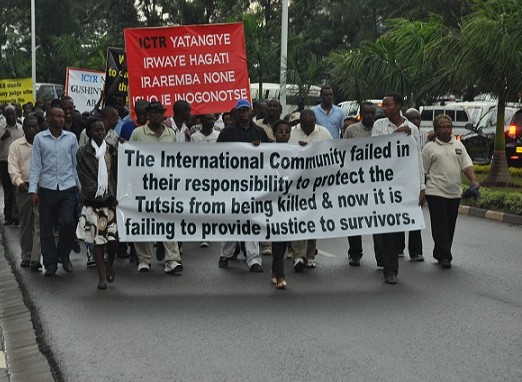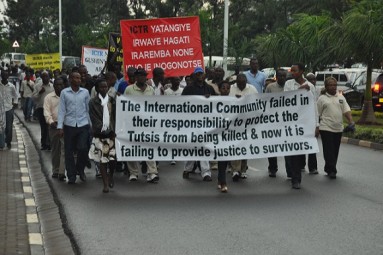
Editorial: Victims of the Genocide need full justice.
THE NEW TIMES, March 25, 2017.
A historic ruling was passed Friday at The Hague, as far as international criminal justice is concerned.
The International Criminal Court (ICC) set precedence when it awarded reparations to victims of war crimes convict, Germain Katanga of the Democratic Republic of Congo.
The Chamber awarded both individual and collective reparations.
An important part of the collective reparations in the ruling is that it will come in the form of support for housing, income generating activities, education and psychological support.
Unlike its sister court, the International Criminal Tribunal for Rwanda (ICTR), ICC created a Trust Fund for Victims (TFV), and since Katanga was found indigent (financially unable to meet his obligations), the fund will step in. In fact, it was given until the end of June to have come up with an implementation plan.
Reparations for victims of the 1994 Genocide against the Tutsi has always been on the lips of victims, and is enshrined in the UN statutes, but it has always been given a wide berth at the ICTR. Victims’ only consolation has been that our local Gacaca courts had that prevision and has been instrumental in making amends.

It is an open secret that those who planned the Genocide were among the elite with property and means, so the issue of financial inability would not arise.
But the ‘icing on the cake’ of the Genocide was that it also had an international signature; some foreign countries were involved and should be made to pay.
Even those who supplied arms at the height of the Genocide, with full knowledge of what they were intended for, or gave sanctuary to killers or helped them escape justice, also need to account.
The ICTR (now Mechanism for International Criminal Tribunals) just needs to look in the right places to find solutions to reparations for victims of the Genocide against the Tutsi.

